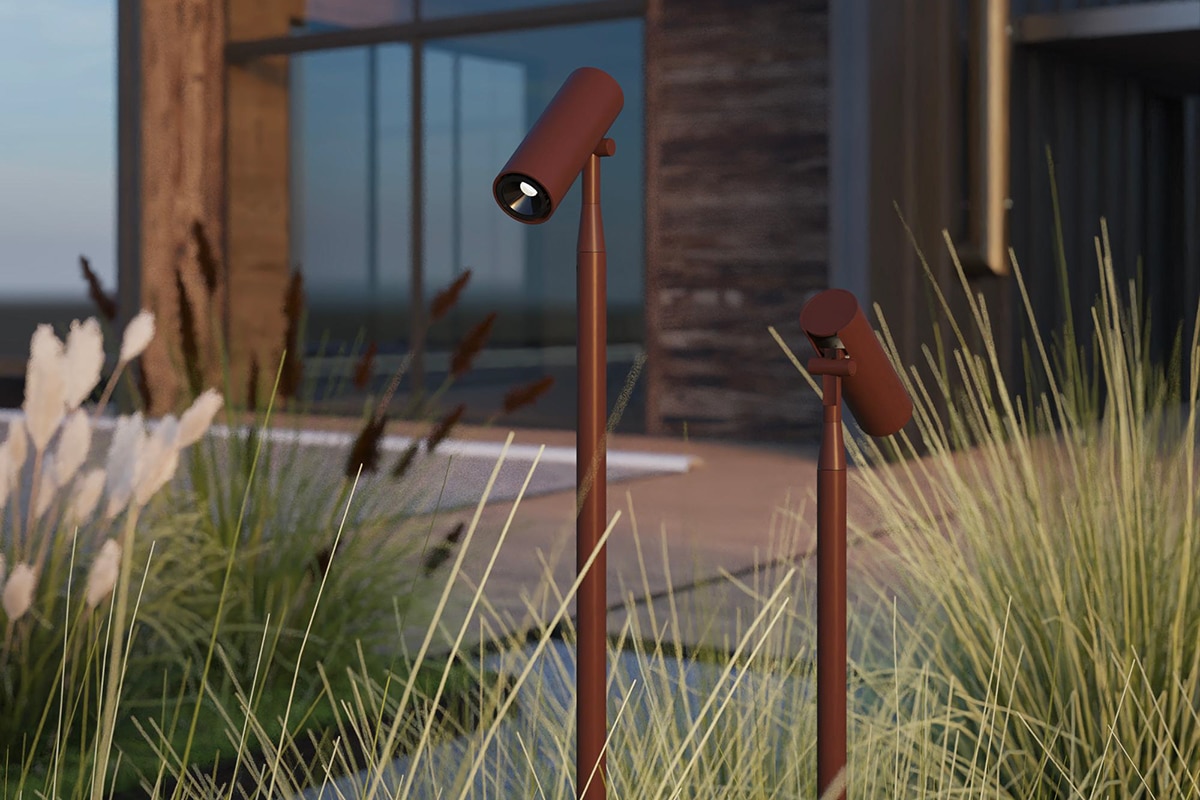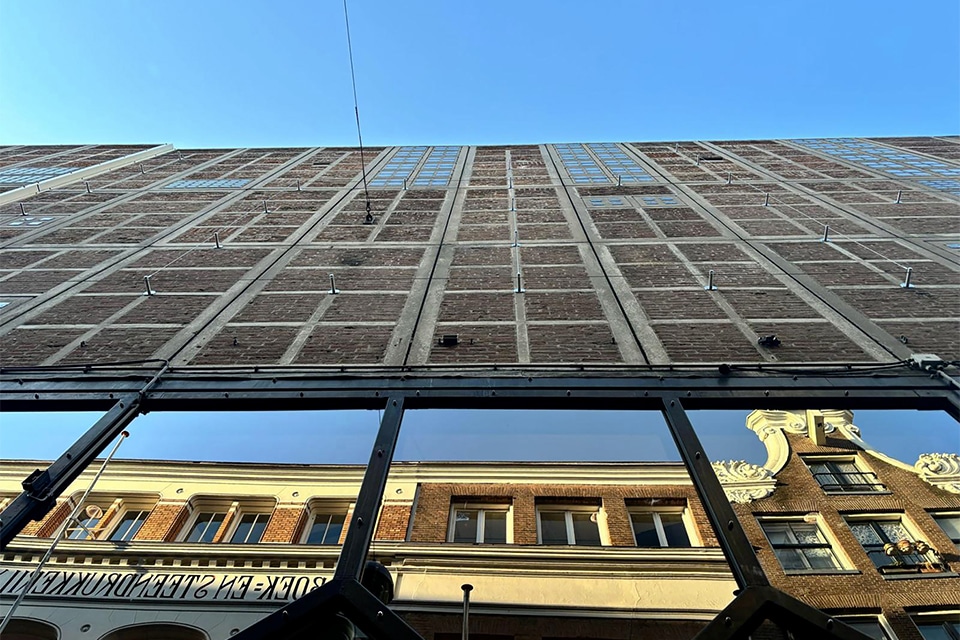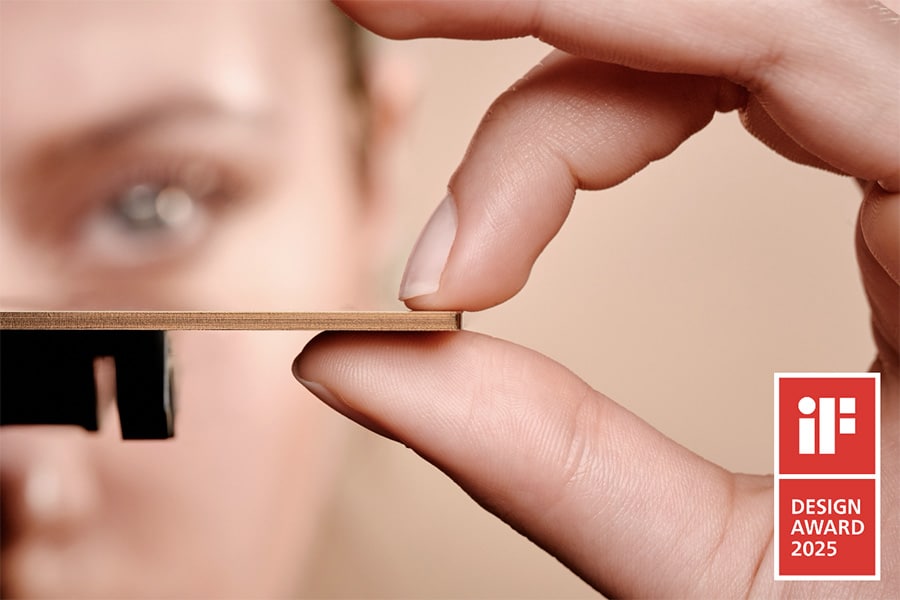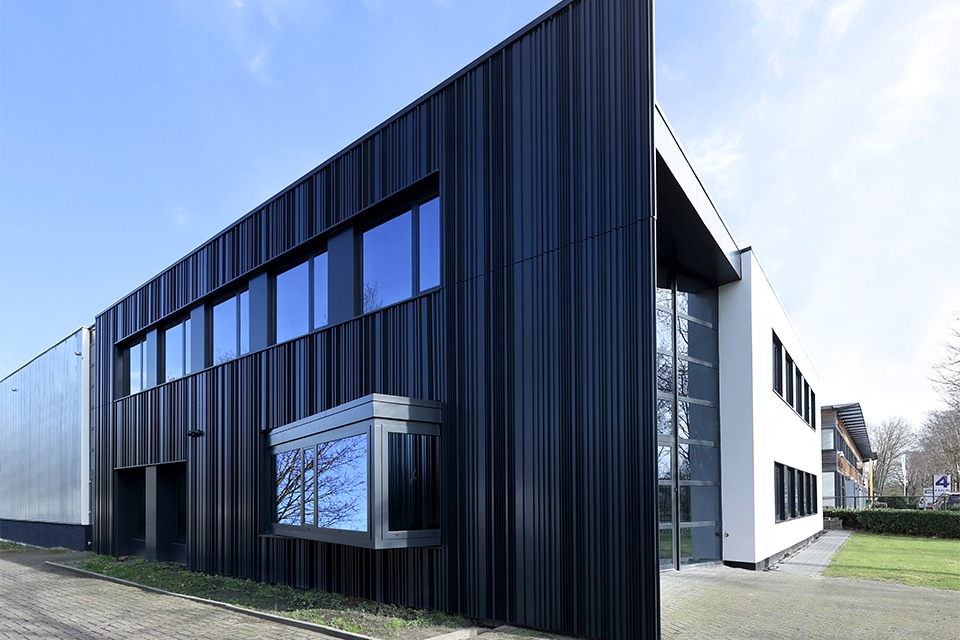
Façade garden for flora and fauna
Design from the gardener's heart
During the Week of the Circular Economy, Aeres Hogeschool Almere received the Circular Award for its new building on the Floriade grounds. The building, nicknamed the 'Green Lung', is characterized by an open design and the integration of greenery in, on, to and around the building. The Koninklijke Ginkel Groep signed on for the green design and its implementation.

The new building of about 4,000 m2 for about 900 students has become a leading building in terms of climate adaptation (green), sustainability (heat, energy, materials), biodiversity, circularity and health.
Project consultant Marc de Jager: "We worked on this with a very enthusiastic and driven team. We specifically brought in the knowledge for greenery. After all, this is living material, which requires a different approach than the other parts
of this project."
The Ginkel Group was at the table as early as the design phase. "We only got permission to build right up to the plot boundary if the look matched the Floriade. In doing so, we had to show that we could realize renders by BDG Architects in reality."
De Ginkel Group took the renders as a starting point for the design. "We analyzed the images and then translated all the elements into a planting plan. It's a unique starting point to think about the system and maintenance from the planting." Aeres students also thought along. "One of their suggestions that we adopted was to realize vertical stepping stones. The facade provides insects with interesting plants at different heights, so they will migrate upward and also benefit from the roof garden. The façade also has a lot of consideration for animals, with enclosures for birds and insects. This is unique on this scale."
Of course, maintenance is also important. De Jager: "To supply the gardens with water, there are water storage facilities on the roof and in the ground. These are much larger than what the municipality prescribed, because Aeres really had the ambition to build a sustainable and climate adaptive green building." The management of the gardens is in the hands of Ginkel. This preferably involves students, who can also use the greenery for research.



